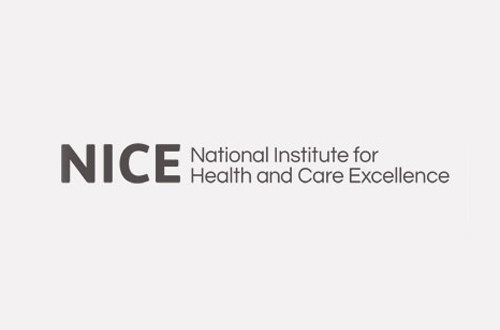
GlaxoSmithKline’s gene therapy Strimvelis for ultra-rare genetic diseases looks set to be funded under the UK National Health Service (NHS), after a positive verdict from the National Institute for Health and Care Excellence (NICE).
Strimvelis was approved by the European Medicines Agency (EMA) last year to treat severe combined immunodeficiency due to adenosine deaminase deficiency (ADA-SCID), commonly known as ‘bubble baby’ disease and leads to a lack of white blood cells called lymphocytes and an extreme susceptibility to infections.
Children born with the disorder typically die before school age if left untreated, with the standard therapy at present a bone marrow (stem cell) transplant from a donor.
The draft document from NICE’s evaluation committee concludes that Strimvelis “represents an important development in the treatment of ADA-SCID” and – while the results of the trials were uncertain because of low patient numbers – the panel “agreed that Strimvelis is a clinically effective treatment that improves survival”.
The gene therapy – the second to be approved in Europe – is intended for ADA-SCID patients who cannot be treated using a bone marrow transplant because they lack a suitable donor and because it uses a patient’s own cell it bypasses problems with transplants such as graft-versus-host disease (GVHD).
It is estimated that around three babies a year are born with the disease in the UK, who would have to travel to Italy to receive the treatment as it is currently only available at Hospital San Raffaele Telethon Institute for Gene Therapy in Milan.
That means the NHS would have to pick up the tab for the therapy itself – which costs €594,000 (around £505,000) ex-VAT per treatment – as well as Italian travel and hospitalisation costs and the committee has said it will be important that “uncertainty associated with cross-border commissioning would be minimised”. NICE estimates that one patient per year would be eligible for the treatment.
The document also points to additional, indirect benefits from the therapy. “Because Strimvelis reconstitutes the immune system, it could enable children with the condition to be educated at
school and for carers of people with the condition to return to work” and this would lead to “cost savings and benefits with Strimvelis incurred outside the NHS and personal and social services”.




